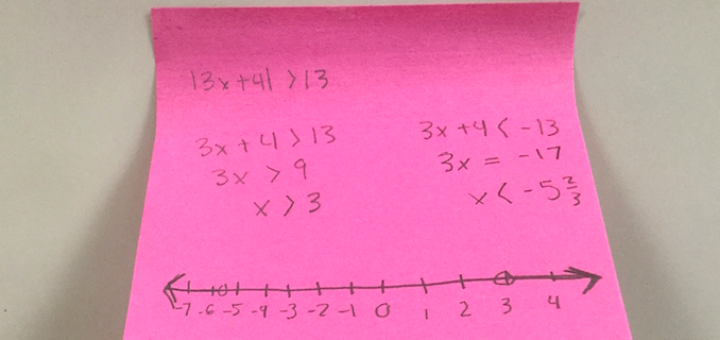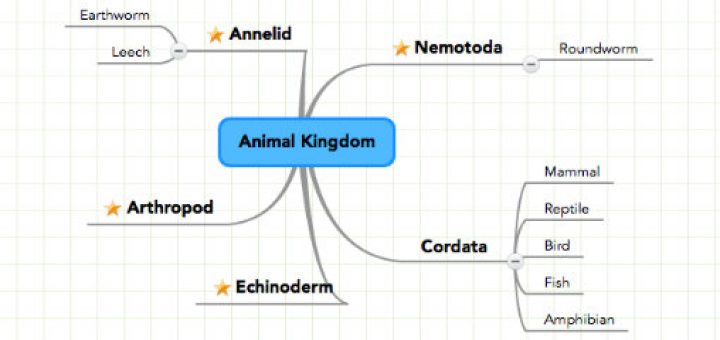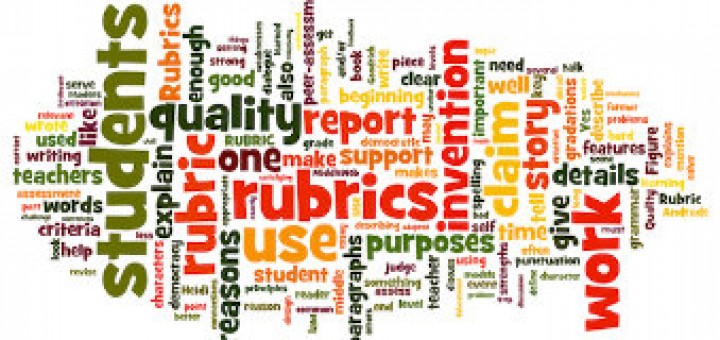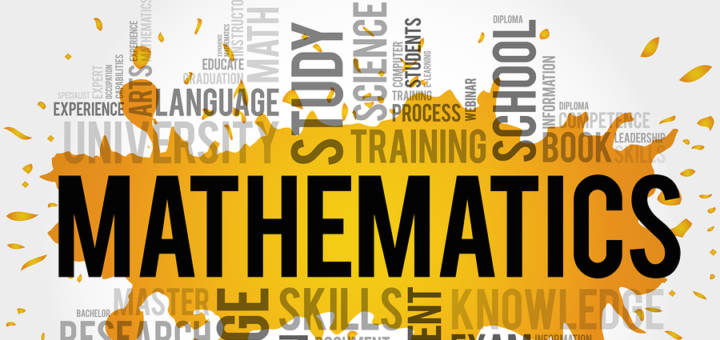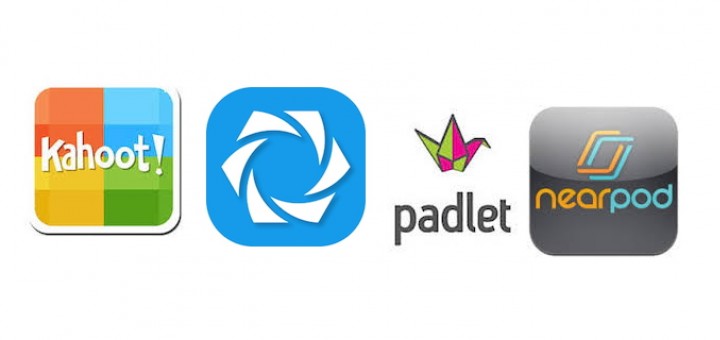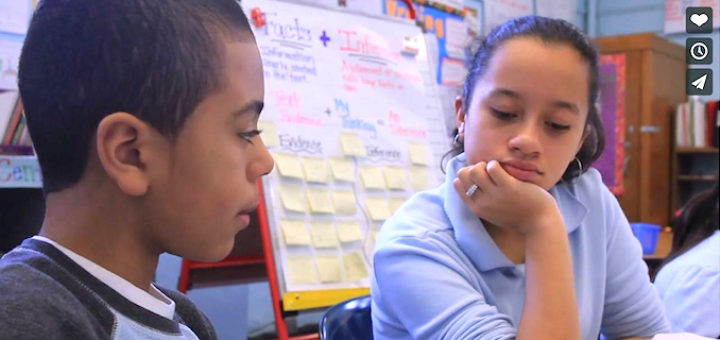Tagged: formative assessment
Michelle Russell shares some of the simple tech (and not-so tech) tools she’s using to take quick measures of math students’ progress and understanding. One of her favorites is a sticky note strategy spread over three days that’s proved both engaging and revealing.
Concept mapping is one of those underutilized but potentially powerful tools than can deepen learning and teaching significantly. In his new MiddleWeb blog, Class Apps, teacher educator Curtis Chandler shares three online mapping tools to get students started.
In this Resource Roundup we’ve pulled together a selection of classic and contemporary resources about the effective use of rubrics in the classroom. Follow the links and discover many examples of rubrics, devised for a variety of purposes.
A struggling student’s recent exclamation that she UNDERSTOOD a history lesson confirmed to Shara Peters that her new school’s grading policy improves teaching and student achievement by shifting the emphasis from earning a higher grade to achieving mastery.
Bringing Math Students into the Formative Assessment Equation is in a league of its own by focusing solely on the middle level math educator who wants to write effective learning targets. Educator Maia Fastabend already plans to employ some of the book’s tools.
A three-perspective approach to reading response (as a reader, a writer and a human being) has been a helpful resource for Sarah Donovan and for her students as they respond to writing by their peers. Donovan includes several model activities and examples.
Quick, ongoing classroom assessments of STEM learning can give teachers the timely information they need to keep lessons on track and be sure students are developing the skills to solve real-world STEM problems. Anne Jolly shares lots of assessment ideas.
Formative assessment is good practice, as every teacher knows, says tech consultant Curtis Chandler, but finding time to measure individual student understanding is challenging. Chandler offers seven apps that can make the practice both routine and engaging.
Expeditionary Learning’s free open-source curriculum is framed by Topics, Targets, Texts & Tasks. Co-designer Cheryl Dobbertin shares insights gained during the crowd-sourced development phase, arguing that inquiry learning begins with compelling curriculum.
Quality feedback – written and oral – is crucial for students to continuously improve their work. Author-consultant Barbara Blackburn summarizes eight characteristics of good feedback that she believes “are essential practices for effective teaching.”

